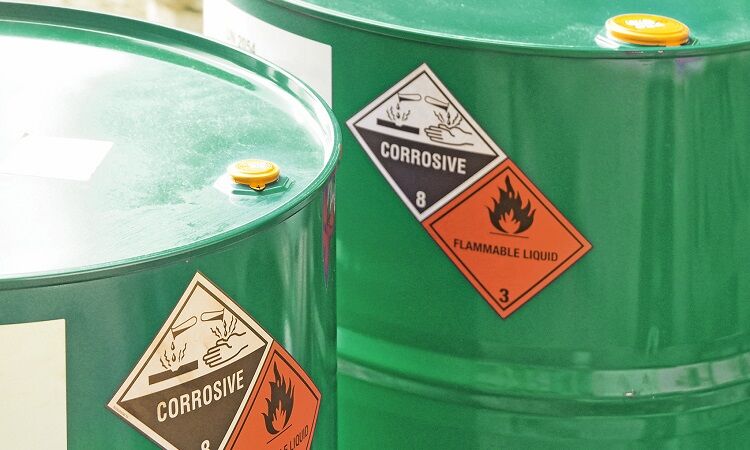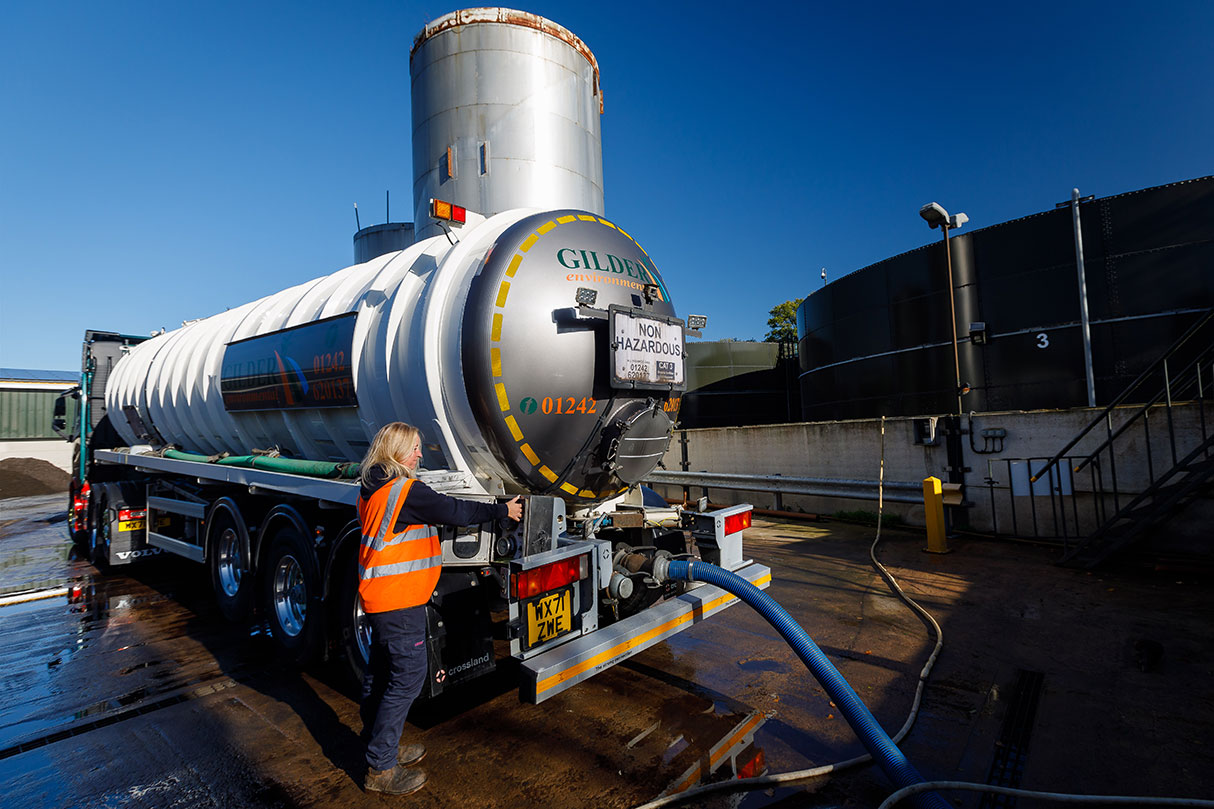Top Liquid Waste Disposal Melbourne: Trusted Providers for Proper Waste Management
Top Liquid Waste Disposal Melbourne: Trusted Providers for Proper Waste Management
Blog Article
Comprehending the Comprehensive Process of Fluid Waste Disposal: Best Practices and Environmental Impact Considerations
The management of fluid waste disposal is a multifaceted issue that requires a detailed understanding of numerous finest techniques and their connected environmental impacts. From the kinds of liquid waste produced to the methods employed for collection, therapy, and last disposal, each action plays a vital role in securing ecological communities and public wellness. As regulative standards develop and innovation advancements, the conversation around these processes ends up being progressively significant. What ramifications do these modifications hold for future sustainability efforts, and how can stakeholders ensure that they are appropriately resolved?
Types of Liquid Waste
Recognizing the various sorts of liquid waste is crucial for effective management and disposal techniques. Fluid waste can be broadly classified into numerous kinds, each calling for special handling and treatment approaches.
Industrial fluid waste typically contains dangerous materials, consisting of heavy metals, solvents, and chemicals, created during producing procedures. These wastes demand strict governing compliance to secure human wellness and the setting. Residential fluid waste largely refers to wastewater generated from households, including sewer and greywater, which, although much less harmful, can still posture significant dangers if incorrectly managed.
Agricultural fluid waste, consisting of drainage from ranches, frequently has fertilizers and pesticides that can result in environmental deterioration otherwise dealt with adequately. Medical liquid waste, produced from healthcare facilities, consists of polluted fluids such as bodily liquids and chemicals, needing specialized disposal approaches to prevent infection and environmental contamination.
Lastly, oil and oil waste, typically created by restaurants and automotive industries, can cause severe blockages in sewer systems otherwise handled correctly. Understanding these categories facilitates targeted strategies for therapy, conformity with regulations, and efficient disposal methods, ultimately promoting ecological sustainability and public wellness safety and security.

Collection Techniques
Effective collection methods are crucial for the appropriate administration of liquid waste, making certain that it is gathered safely and efficiently prior to treatment or disposal. Numerous methods are employed depending upon the kind of liquid waste created, the quantity, and the particular characteristics of the waste.
One typical approach is making use of devoted collection containers or sumps, which are developed to capture fluid waste at the source. These systems often include pumps that help with the transfer of waste to larger storage space containers or therapy facilities. In addition, mobile collection systems equipped with vacuum modern technology are employed in scenarios where waste is produced periodically or in hard-to-reach locations.
For commercial setups, closed-loop systems can successfully reduce leakages and spills, enabling the recuperation and reuse of fluid waste. It is additionally vital to educate personnel on correct collection protocols to alleviate risks connected with hazardous materials.
Furthermore, executing routine upkeep routines for collection devices makes certain optimum performance and safety. The combination of advanced surveillance systems can improve collection efficiency by supplying real-time data on waste levels and potential risks. Generally, reliable collection approaches are foundational to sustainable liquid waste administration methods.
Therapy Processes
Treatment procedures play a vital role in the administration of liquid waste, changing possibly hazardous products right into reusable sources or risk-free effluents - liquid waste disposal. These processes can be broadly classified into physical, chemical, and biological approaches, each customized to deal with specific impurities present in the waste stream
Physical therapy techniques, such as sedimentation and filtration, work by eliminating suspended solids and read here particle issue. These strategies are often the initial step in the treatment chain, successfully decreasing the load on succeeding processes. Chemical treatments involve making use of reagents to counteract dangerous substances, precipitate hefty metals, or oxidize natural toxins, therefore boosting the security of the effluent.
Organic therapy procedures, consisting of activated sludge systems and anaerobic digestion, maximize the natural abilities of bacteria to degrade raw you could try these out material. These techniques are specifically efficient for wastewater containing eco-friendly pollutants. Advanced treatment modern technologies, such as membrane purification and advanced oxidation processes, are significantly used to accomplish greater degrees of filtration.
Incorporating a combination of these treatment approaches not just makes sure compliance with regulatory requirements yet also advertises environmental sustainability by recovering useful sources from fluid waste.
Disposal Options
How can organizations make certain the liable and safe disposal of liquid waste? Efficient disposal choices are critical for securing public wellness and the setting. The key techniques include land incineration, treatment, and disposal adhered to by discharge right into metropolitan wastewater systems.
Land disposal entails the mindful containment of liquid waste in designated landfills, guaranteeing that it does not seep right into bordering dirt or water. Incineration, on the other hand, subjects liquid waste to heats, converting it into ash and gases, which require appropriate filtering to lessen discharges. This approach appropriates for contaminateds materials that can not be treated through typical methods.
In cases where fluid waste can be treated, companies may choose chemical or organic treatment processes to reduce the effects of dangerous elements before discharging the dealt with effluent right into metropolitan systems. This course normally lines up with regulative demands, guaranteeing that the effluent meets safety criteria.
Ultimately, companies need to conduct comprehensive assessments of each disposal option to establish its feasibility, thinking about aspects such as waste structure, regulatory conformity, and prospective risks to health and the environment. By choosing suitable disposal approaches, companies can add to a responsible waste monitoring technique.
Ecological Effect
The ecological effect of liquid garbage disposal is an important factor to consider for organizations looking for to reduce their eco-friendly footprint. Improper disposal approaches can cause substantial contamination of water sources, dirt deterioration, and unfavorable results on local ecological communities. For instance, unsafe liquids can leach right into groundwater, posing dangers to drinking water materials and marine life. over here Additionally, the discharge of without treatment or inadequately dealt with waste right into surface area waters can result in eutrophication, leading to oxygen deficiency and the subsequent fatality of fish and other organisms.

To mitigate these impacts, companies have to take on ideal techniques such as applying extensive waste therapy procedures, advertising recycling and reuse, and adhering to regulatory criteria. By taking a proactive strategy to fluid waste administration, entities can dramatically minimize their environmental footprint while supporting lasting advancement objectives. Inevitably, a comprehensive understanding of the ecological influences connected with liquid waste disposal is important for informed decision-making and liable stewardship of natural deposits.
Verdict
Efficient management of fluid waste is essential for securing environmental honesty and public health and wellness. By adopting best techniques in therapy, collection, and disposal, alongside adherence to regulatory requirements, the possibility for unsafe contamination of ecological communities can be substantially decreased. Continual advancements in technology and procedures add to lasting waste management efforts. Ultimately, a thorough understanding of liquid garbage disposal not only alleviates environmental effects but likewise cultivates a commitment to accountable resource administration and ecological stewardship.
The management of liquid waste disposal is a complex problem that calls for a comprehensive understanding of numerous ideal techniques and their associated environmental effects. From the types of fluid waste produced to the approaches used for collection, therapy, and last disposal, each step plays a crucial role in securing environments and public wellness.The environmental effect of fluid waste disposal is a crucial consideration for organizations looking for to minimize their ecological footprint. Ultimately, an extensive understanding of the environmental influences connected with liquid waste disposal is necessary for notified decision-making and accountable stewardship of all-natural sources.
Eventually, a detailed understanding of liquid waste disposal not only mitigates environmental effects but also cultivates a dedication to liable source administration and environmental stewardship.
Report this page